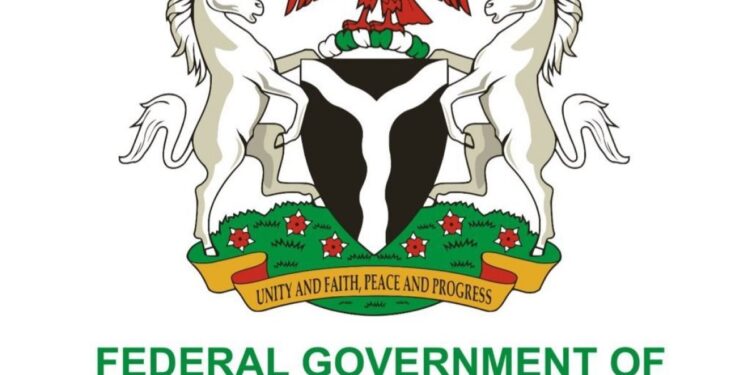Nigeria’s Vice President, Kashim Shettima, announced a significant boost in the country’s external trade balance, which reached N6.5 trillion in the second quarter of 2024. Speaking at the 3rd National Conference on Non-Oil Export in Abuja, Shettima attributed this growth to various trade facilitation measures implemented by the current administration, emphasizing the need to enhance non-oil exports to bolster the nation’s economy.
Data from the National Bureau of Statistics revealed that total trade for the quarter stood at N6.9 trillion, with exports accounting for 60.89% of the total, translating to N19.42 trillion. This marked a 1.31% increase from N19.17 trillion in the first quarter of 2024 and a staggering 201.76% rise from N6.44 trillion recorded in the same period last year.
Represented by Senator Ibrahim Hadejia, the Deputy Chief of Staff in the Office of the Vice President, Shettima spoke on the administration’s goal to diversify the economy, urging stakeholders to capitalize on global trade opportunities. “In today’s global economy, trade is essential for prosperity,” he stated, highlighting various sectors, from agriculture to creative industries, where Nigeria could compete on an international level.
Shettima also addressed the need to guard against the influx of substandard goods into Nigeria, emphasizing that the country must not become a “dumping ground” for products rejected elsewhere. He underscored the importance of the African Continental Free Trade Agreement (AfCFTA) and called on both public and private sectors to work together in addressing challenges that could hinder Nigerian businesses from fully utilizing the 1.4 billion-strong AfCFTA market.
Additionally, Shettima stressed the government’s commitment to reforming trade regulations to ease business operations, especially for micro, small, and medium enterprises (MSMEs). “Strengthening regulatory frameworks will not only streamline trade but also facilitate the ease of doing business, benefiting both small and large enterprises,” he noted.
The Vice President reiterated the administration’s focus on economic diversification, aiming to reduce Nigeria’s dependency on oil and promote the export of locally manufactured, value-added products. He highlighted the potential for “made-in-Nigeria” goods to gain a stronger foothold in international markets, thereby boosting job creation and reducing unemployment.
Also speaking at the event, the Executive Director of the Nigerian Export Promotion Council (NEPC), Nonye Ayeni, shared insights into the council’s recent achievements in promoting non-oil exports. According to Ayeni, non-oil exports saw a 6.7% year-on-year increase in the first half of 2024, reaching N2.7 billion. She noted that the NEPC has developed partnerships with agencies such as the Nigeria Customs Service and the Nigerian Ports Authority to streamline export processes, reduce costs, and overcome logistical challenges for exporters.
“Our focus is on expanding market access for Nigerian products while cutting down export costs and simplifying logistics,” Ayeni said. She emphasized the council’s dedication to helping smaller exporters navigate the export landscape, noting that top exporters already have established markets but still face logistical hurdles.
With strategic partnerships and ongoing regulatory reforms, Nigeria is positioning itself to enhance its share of global trade and maximize the benefits of its trade agreements. This renewed focus on trade and non-oil exports is part of the government’s broader economic agenda to foster sustainable growth and reduce reliance on oil revenue.










